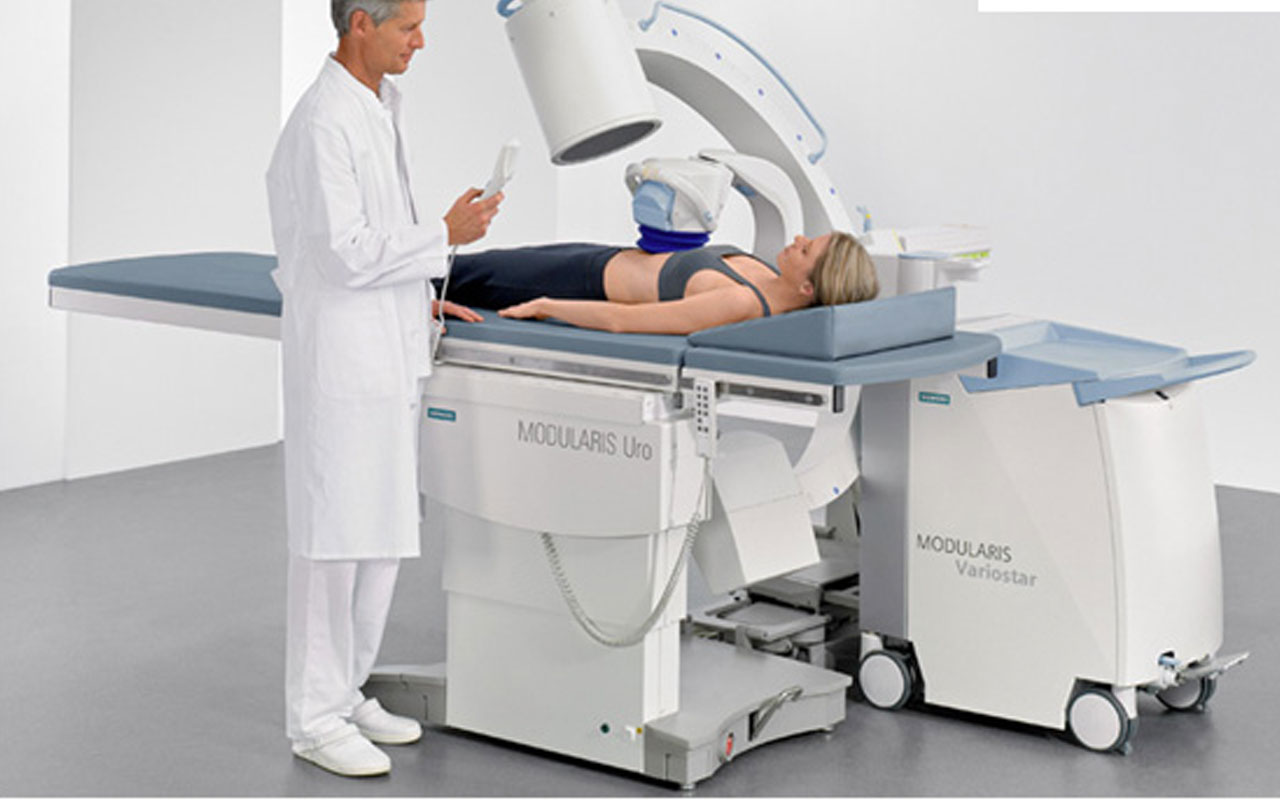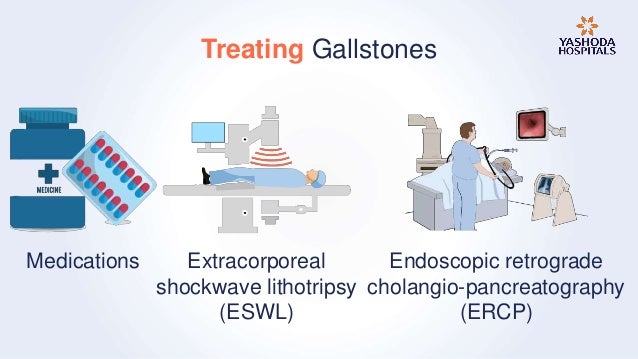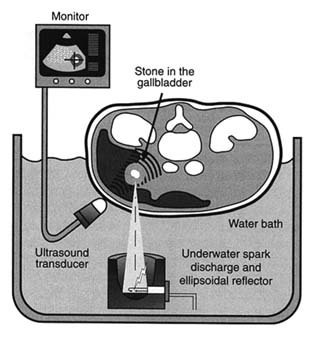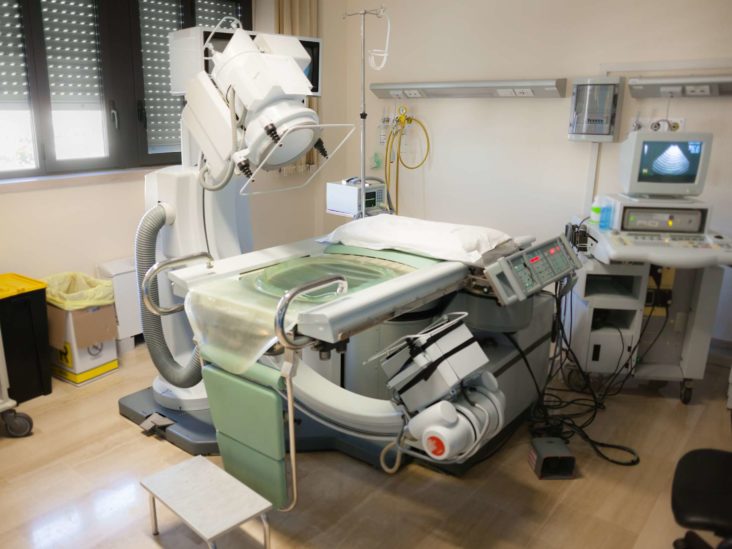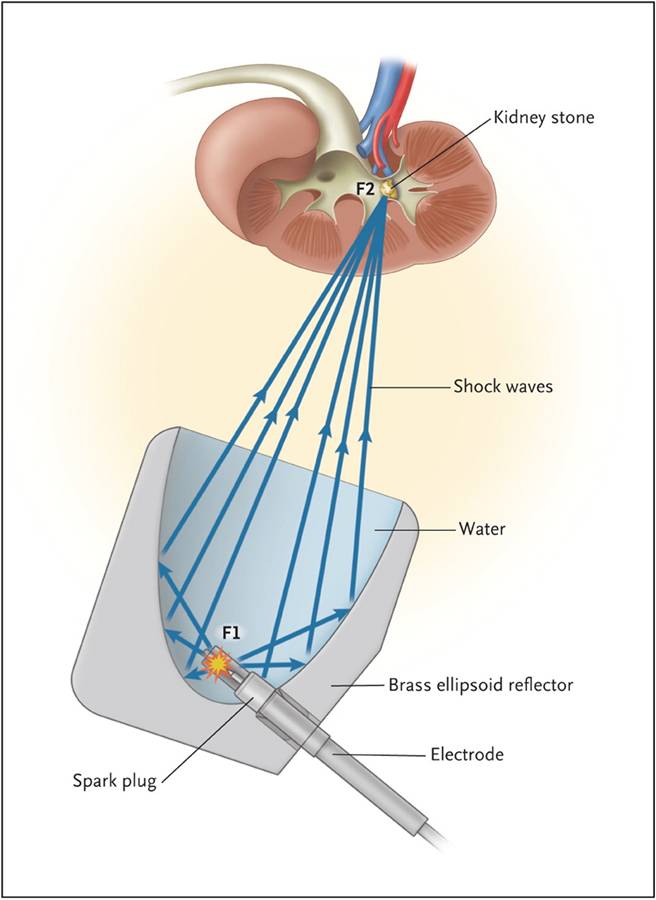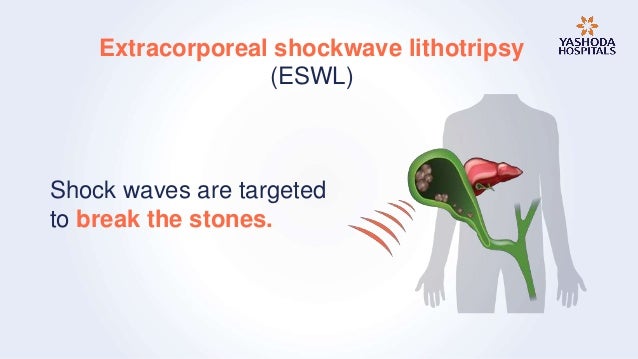Extracorporeal Shock Wave Lithotripsy Eswl For Gallstones

In this article learn about how the procedure works the success rate how to.
Extracorporeal shock wave lithotripsy eswl for gallstones. Lt is sometimes called eswl. You can receive this treatment as long as your gallbladder is functioning normally and your stones are small. Extracorporeal shock wave lithotripsy eswl is a nonsurgical alternative to manage gallstones. Extracorporeal shock wave lithotripsy eswl is now being applied to treatment of stones in the gallbladder and bile duct.
Extracorporeal shock wave lithotripsy eswl is successful in fragmenting gallstones but less than 28 of patients with gallstone disease fulfill the criteria considered suitable for this treatment. At least five types of machine designed for lithotripsy of stones in the biliary tract have become available. The most common form of lithotripsy is extracorporeal shock wave lithotripsy eswl. At that time open surgery was the only treatment available for calculi that could not pass through the urinary.
Gallstones are nothing but crystal like particles which grow into stones in the gallbladder. You do not need anesthesia for eswl and the procedure may be performed as an outpatient. These may move to the. Extracorporeal shock wave lithotripsy.
Extracorporeal means outside the body in this case it refers to the source of the shock waves. Extracorporeal shockwave lithotripsy do you want to get rid of gallstones without surgery then extracorporeal shockwave lithotripsy is an option for you. About extracorporeal shockwave lithotripsy eswl the use of extracorporeal shockwave lithotripsy eswl started in the year 1980. Extracorporeal shockwave lithotripsy eswl treatment is a non surgical treatment for the removal of gallstones.
The stones are broken into tiny pieces. Lithotripsy uses shock waves or laser to break down kidney stones gallstones or stones in the ureter. Shock wave lithotripsy swl is the most common treatment for kidney stones in the u s. Shock waves from outside the body are targeted at a kidney stone causing the stone to fragment.
The most common use of extracorporeal shockwave therapy eswt is for lithotripsy to treat kidney stones urinary calculosis and biliary calculi stones in the gallbladder or in the liver using an acoustic pulse it is also reported to be used for salivary stones and pancreatic stones. However it has also raised doubts about the future role of extracorporeal shock wave lithotripsy eswl in the treatment of gallstones. However no clinical studies have been done. The recent introduction of laparoscopic cholecystectomy lapc has revolutionised the surgical treatment of gallstone disease.
In the uk nice has found that the evidence for eswt in the majority of indications is conflicting as such.

